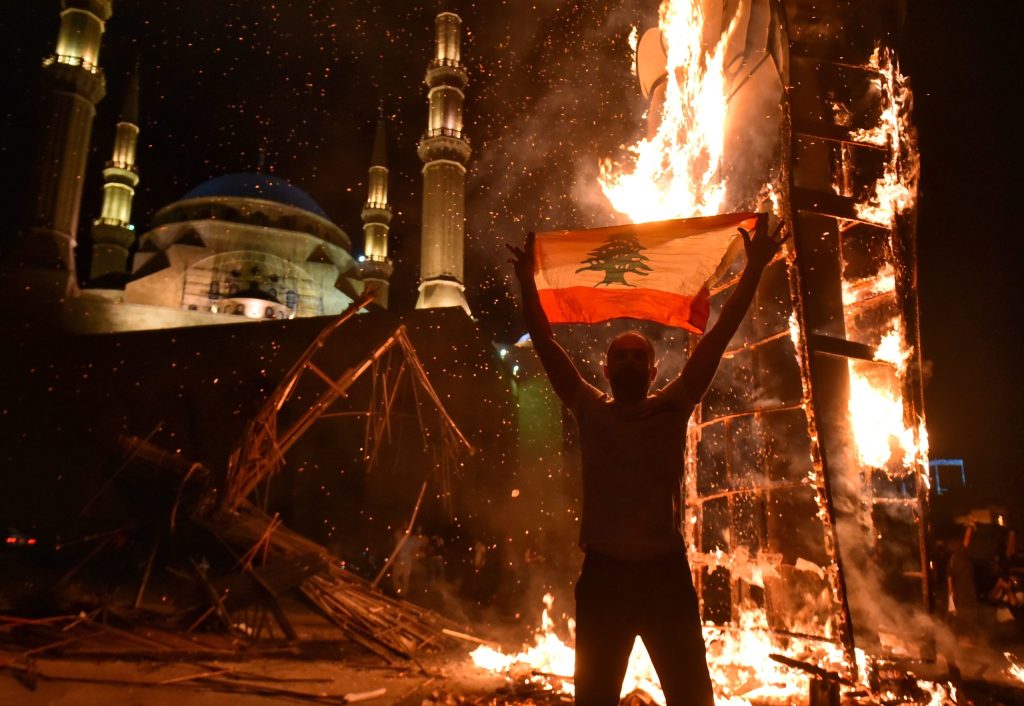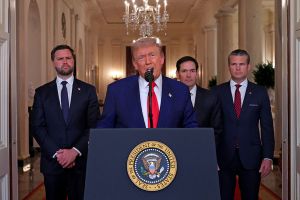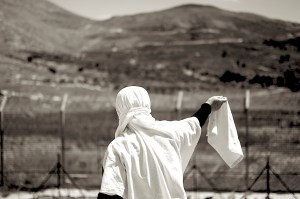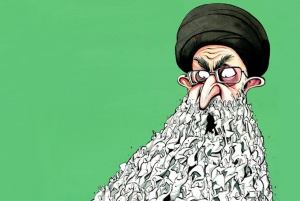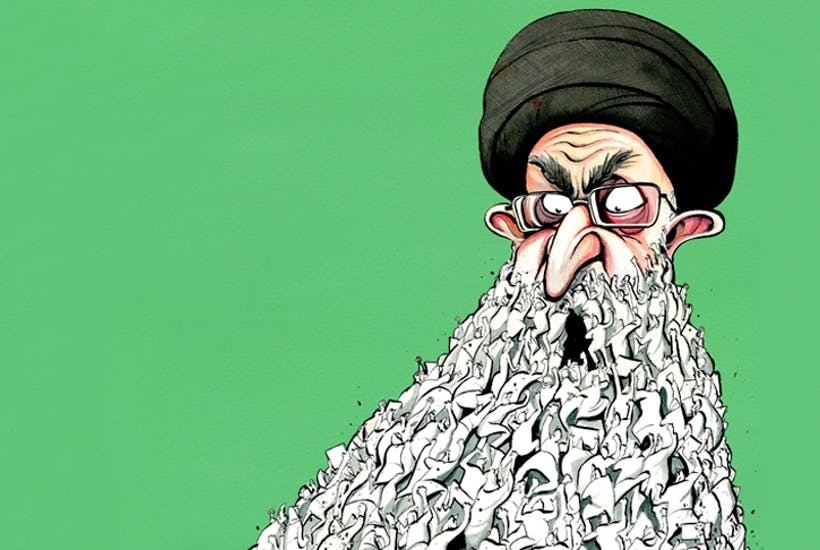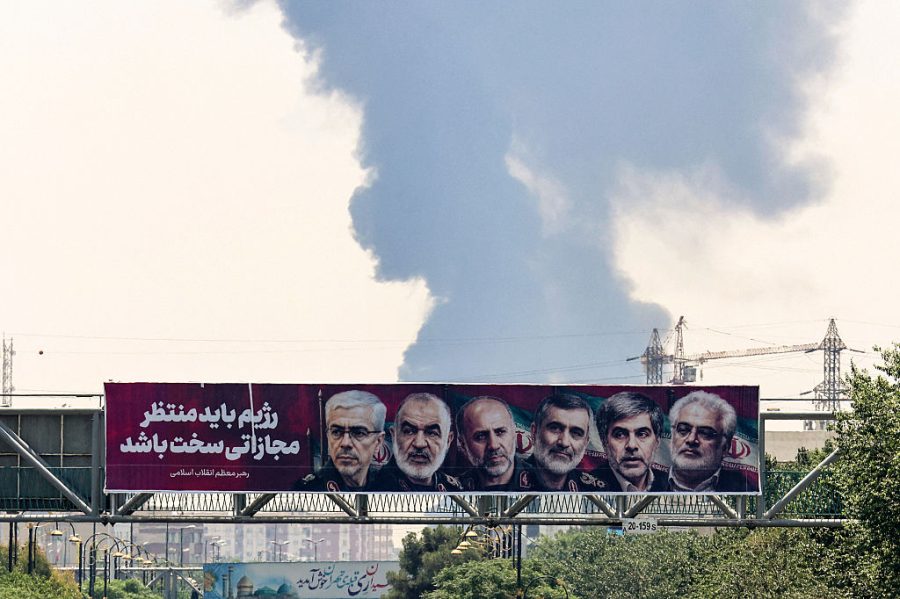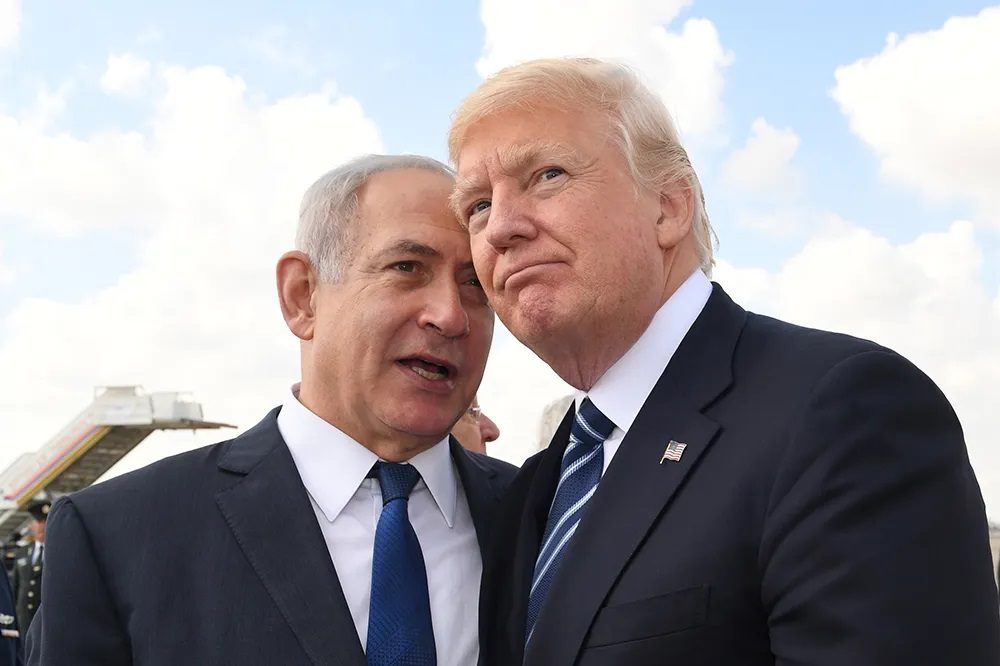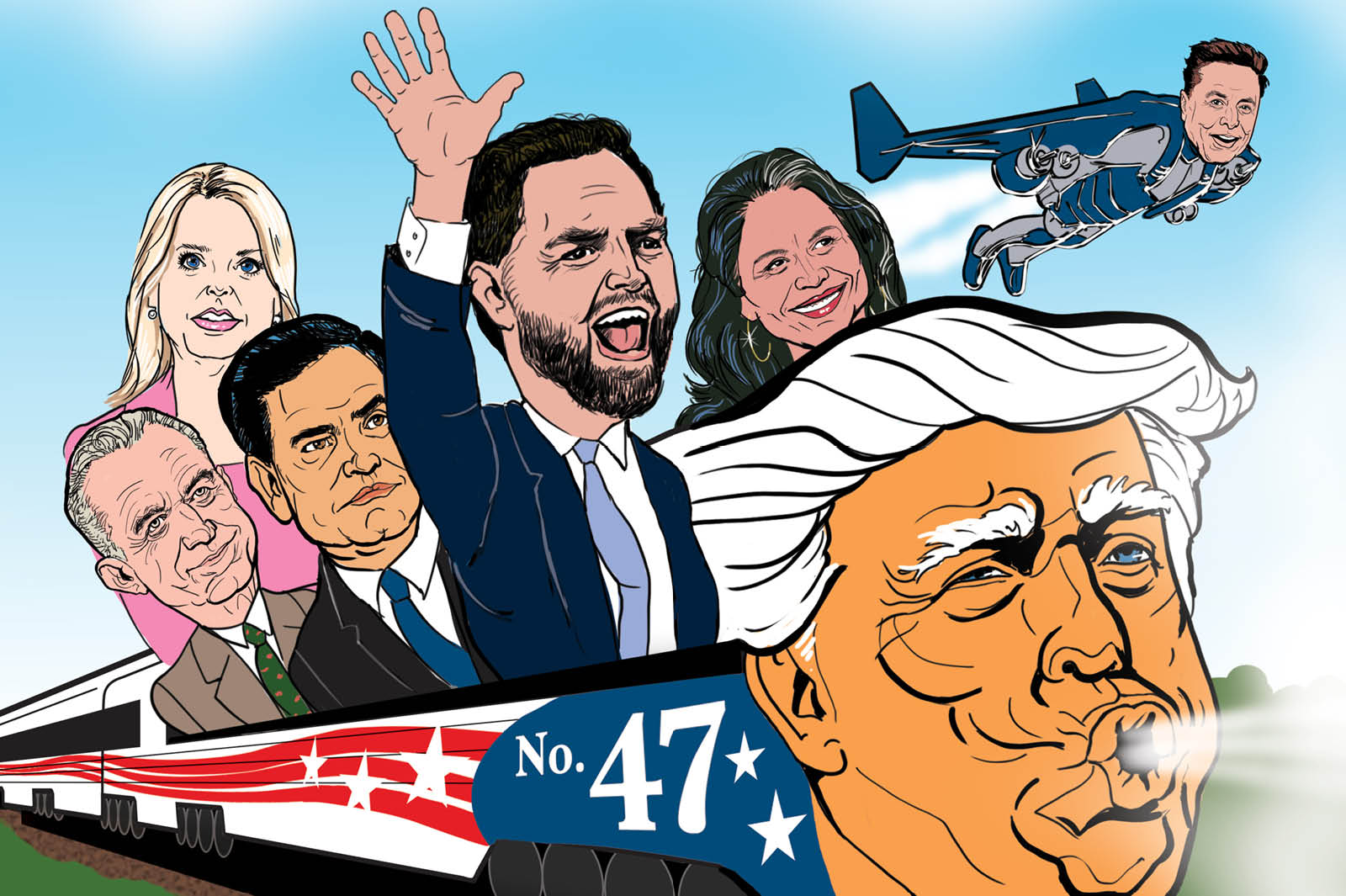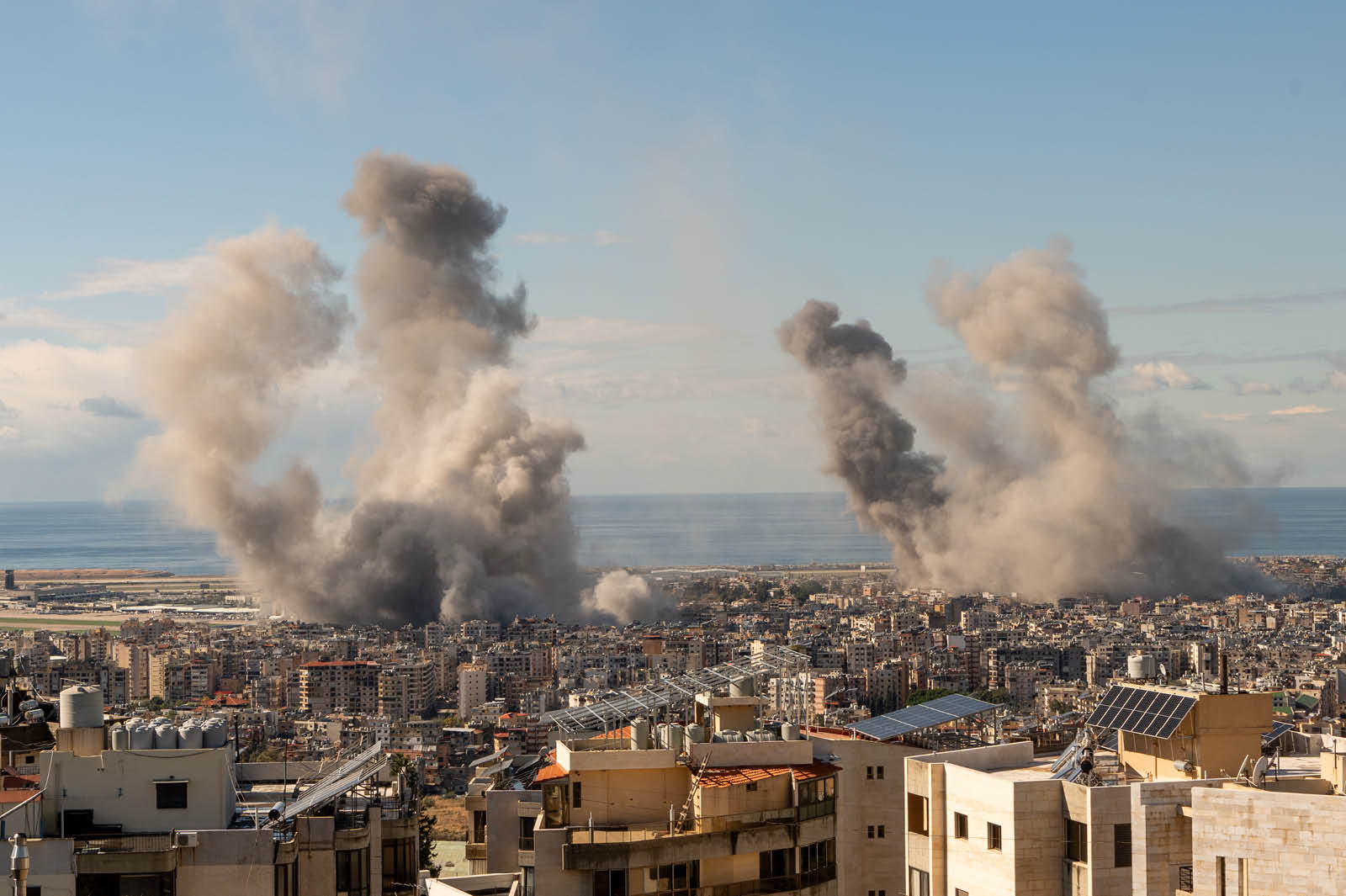Once more Lebanon is in crisis, and once more its leaders turn to what they most understand to solve things: ties of blood. Families are a big deal in that part of the world. And as Lebanon has stumbled into financial and political ruin over the past year, it is to family, or more correctly a family, its elites have turned. Former prime minister, and the nation’s most famous Dauphin, Saad Hariri, has been invited back into office. It’s not only the country’s economy that’s going backwards.
Hariri was prime minister from December 2016 until he quit in October 2019, following huge popular protests across the country in the wake of an imploding economy. His successor, Hassan Diab, who was brought in to shore up finances, failed miserably. In August, after just a few months in power, he was forced to resign, alongside the entire Lebanese government, when 2,750 tonnes of ammonium nitrate stored in a Beirut warehouse blew up and killed over 160 people. His successor, Mustapha Adib resigned last month after failing to win enough support for his non-partisan cabinet line-up.
The move to ‘recall’ Hariri seems a strange almost absurd decision. But behind it stands Lebanon’s idiosyncratic political history, which has been marked by two things: the confessional system upon which it is based, and the leading families who dominate it. To at least start to understand this tiny nation is to understand how, in the dying light of Empire, it was formed.
When the modern state of Lebanon — Le Grand Liban — was granted a French mandate in 1920 by the League of Nations, the French added several districts to the Mutassarefia of Mount Lebanon to form ‘Greater Lebanon’.
These included heavily Sunni and Shia Muslim areas which diluted the previous Maronite and Druze majority: Lebanon was now a state of multiple religions. The 1943 national pact, orally agreed between the Maronite and Sunni elites, created a ‘confessional’ political system in which political office was distributed according to the respective size of each faith group.
Each religion became a political power bloc with its own leaders. The Gemayals rose to lead the Maronites, the Jumblatts the Druze; the Shia, so long denied their fair share of the political pie, fell into line, not behind any prominent family but the terror group Hezbollah and to a lesser extent the Shia party Amal. And for the Sunnis, it became the Hariris.
[special_offer]
The dynasty began in October 2000 when Rafic Hariri, a construction billionaire, was elected prime minister (who must always be a Sunni). During his time in office, Hariri became a hero to Lebanon’s Sunnis; and his mustachioed visage a metonym for the country on the world stage. This came to a bloody end on Valentine’s Day 2005 when he was killed alongside 22 others after a bomb exploded as his motorcade drove through central Beirut. His murder percolated through Lebanese society until this year when the UN-backed Special Tribunal for Lebanon set up to bring those responsible for his murder to justice, finally returned its verdict.
With Rafic gone, the Sunnis of Lebanon turned, eventually, to his son Saad. And he failed. Now he’s back and things are truly desperate. Inflation hit 90 percent earlier this year. The currency has lost 80 percent of its value; hyperinflation has created severe food insecurity; and informal capital controls are desperately used to stem the hemorrhaging of national deposits.
And he must also tackle politics of course. He must install some kind of technocratic government in a bid to transition Lebanon’s institutions away from the competing sectarian fiefdoms — and from which he emerged. This is the price French president Emmanuel Macron has demanded for French aid, which he promised to supply liberally after he showed up in Beirut after the blast and promising to fix everything. Internally, he will of course face the problem of every Lebanese leader: how to deal with the true power in the land — Hezbollah. The Party of God resists any external interference into Lebanese politics because it resists anything that might curb its power.
This article was originally published on The Spectator’s UK website.



